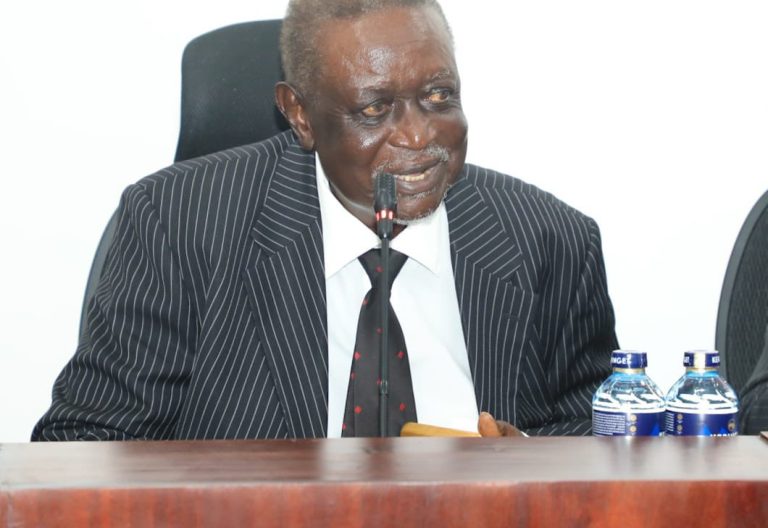Let’s make life of persons living with disability easier
By Victor Bwire, September 11, 2019Rights activists continue to push for the rights of persons with disabilities, with developers urged to be considerate of their needs when putting up buildings.
While organising an event as the Media Council of Kenya, we, on three occasions, have had to either cancel events or change venue and physically carry guests to the meeting room, simply because they have a disability.
This has happened in top hotels in Nairobi, Kisumu and Mombasa and in all the incidents, the management seemed unconcerned. It’s not just embarrassing, but also insensitive to rights of others.
Buildings should be accessible to all, including those with disability. Most buildings are inaccessible to persons with disabilities with steep staircases and no ramps, while some have narrow doors that cannot accommodate a wheelchair.
For instance at our meeting in Nairobi , we had to carry a panelist to the podium while in Kisumu, we had to change the meeting room from first to ground floor. In Mombasa, the delegates just walked away.
Its now a requirement that a percentage of participants in our events must be drawn from PWDs, and we often miss out on the brilliant contributions from such people because of failure to respect their rights.
The performance contract signed by public agencies has a full section on what the agencies have done to ensure the rights of persons with disabilities are not only respected, but more importantly, protected and promoted.
The Constitution, under the Bill of Rights, recognises that persons with disabilities are entitled to be treated with dignity and respect and not be referred to in a manner that is demeaning; that they easily access educational institutions and facilities, public transport and information, to use sign language, or other appropriate means of communication and to access materials and devices to overcome constraints arising from their disability.
Sometime back, Kenya National Commission on Human Rights conducted a study on both private and public buildings in 12 counties which showed that physical accessibility for PWDs remains a far-off target save for a few health facilities which had made improvements and adjustments on their buildings.
Buildings housing national and county government offices, courts, hotels, public toilets and police stations, among others, do not comply with current accessibility standards.
Of key concern was that even houses of persons with disabilities were often inaccessible.
This was mainly in the form of staircases (very steep), steep ramps, objects in the way; very narrow doors and non-accommodative lifts, especially for the visually impaired.
Even where there is a ramp at the entrance of a building, there are no ramps or lifts in the interior which makes it difficult, if not impossible, to access other floors.
Relevant authorities including the State department in charge of Housing and Infrastructure should ensure all buildings are accessible to persons with disabilities.
Lets all avoid discriminating against PWDs and aim to promote their welfare. —The writer is Deputy CEO and Programmes Manager at the Media Council of Kenya
More Articles

